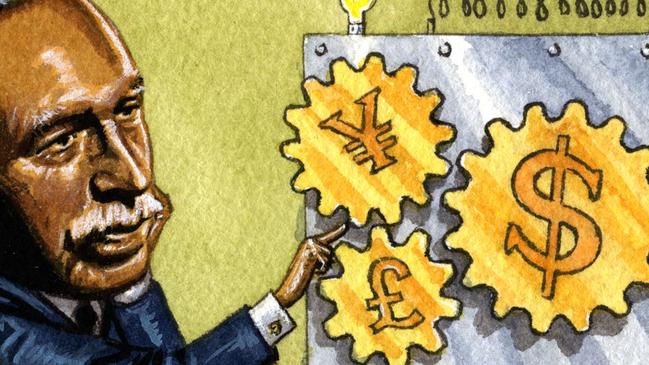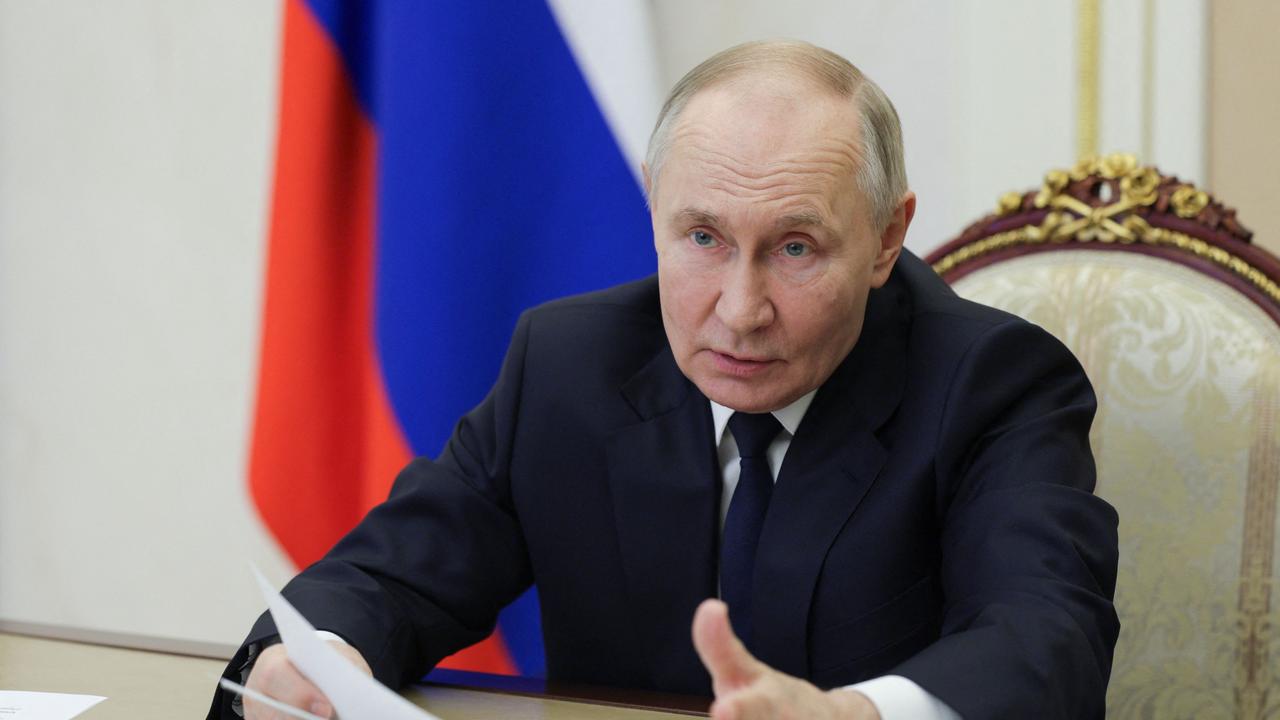
Last year I attended a seminar on the future world of work. The presenter asked those in the audience to put up their hand if their occupational decision had been locked in by the age of 15. The expectation was that few would do so.
My hand shot up: I had decided to become an economist in my mid-teens, even though my path as an economist has been winding and unpredictable. I have been an academic, holder of various government positions, company director and economic commentator. I’ve enjoyed it all and retain my passion for the discipline.
I can understand why people are put off by economics – too much jargon, too many figures, too much maths, too many unrealistic assumptions. I would make the point that people’s objection to economics is often a mistaken linking of economics with heartless and ineffective managerialism that ignores the human dimension of economic activity. I also object to managerialism.
At one stage there was a concerted attack on so-called economic rationalism. This was always difficult to understand – anyone for irrationalism? – but was really the last hurrah for a closed, protected economy that had sapped economic growth and hurt consumers.
My involvement in economics goes back many years to when I was a schoolgirl. Actually, economics was not offered at my school, with the preferred subjects being English, French, Latin, mathematics, science, history and geography.
But I had a teacher in year 9 – we called it form 3 – who taught us geography but who had a commerce degree. Now geography is a potentially wide discipline, ranging from the physical analysis of the Earth’s major features to human geography.
And within human geography, economic geography is a sub-discipline focusing on the spatial aspects of economic activity. Unsurprisingly, our teacher taught us economic geography and ignored most of the rest.
When I got into my senior years, I studied economics by correspondence with the rather uninspiring educational provider Taylor’s College. It was pretty dry stuff, with a lot of time spent on national accounting – gross domestic product and the like. To be sure, we did learn some basic concepts of economics – scarcity and choice – but for young minds some of this was lost in translation.
Having decided on a career in economics, I headed off to the University of Melbourne, only to find that the teaching of economics was merely a tad better than my correspondence course. However, I was lucky to enrol in economic history, which was still a separate subject, and to have Geoffrey Blainey as my tutor.
Needless to say, this was just the sort of inspiration I required, including the development of thematic thinking and turning questions on their head. An example was explaining the causes of peace rather than the causes of war.
We were required to undertake a course in economic statistics that was not actually very demanding but was essential to describing and understanding economic developments.
The macro-economics we were taught was unquestioned Keynesianism, with governments seemingly able to dial up the preferred combination of full employment and low inflation by manipulating budgetary and monetary policy. I recall the diagrammatic representation of this proposition had a strong resemblance to Heath Robinson contraptions.
But the underlying message was clear: the government could effectively establish the level of economic activity it thought desirable but care needed to be taken that inflationary pressures were not set off. It was an economic message with clear political implications; it had strong appeal for all the budding social democrats in the crowded lecture theatre.
While I turned my back on specialising in macro-economics, which struck me as essentially confected, there was still plenty of interest in other areas of economics. One of the exciting aspects of economics is its foundation in historic thinking.
The father of economics, Adam Smith, had his masterpiece, The Wealth of Nations, published in 1776. David Ricardo, another seminal figure, outlined the theory of comparative advantage in the early 19th century. Not that these men regarded themselves as economists – the term gained common currency only after the 1930s.
The key concept in economics is opportunity cost – that the cost of doing A is the cost of not doing B. This trade-off is essential to economic thinking. You’ve probably heard economists banging on about there being no such thing as a free lunch. It’s just a pity that far too many politicians don’t understand the concept.
Incentives are also at the heart of economic thinking. Mind you, it doesn’t take an economist to understand this dictum. Soviet leader Nikita Khrushchev declared: “Call it what you will, incentives are what get people to work harder.” Investment guru Charlie Munger also summed it up well when he proclaimed: “Show me the incentive and I will show you the outcome.”
Of course, working economists can never go past supply and demand; analysis of these forces underpin most of my columns.
What is amazing is how little attention is paid to the supply side by politicians and policy advisers. The implicit assumption is that supply is always elastic, with resources available to be directed to the particular use.
It is one of the central reasons so many recent government spending initiatives have gone awry. Think here the huge and consecutive increases in spending on infrastructure with little consideration given to where the workers or the required materials would come from. It’s simple economics to predict that the cost of these projects would blow out.
Or take the case of childcare subsidies. By increasing their rate, demand for childcare is driven up but, in the short term at least, supply is essentially fixed. Again, the shortage of workers is a major constraint. It follows that the childcare providers will lift fees and capture a major portion of the higher subsidies.
It’s also why competition is such an important force driving benefits for consumers. Without providers vying for sales on the basis of price and quality, we are all worse off. What politicians don’t seem to understand is that many of the regulations that are put in place supposedly to protect consumers do the exact opposite. They set up barriers to entry to an industry and shield the incumbent providers.
So, hats off for (most) economists, I say. At least economics is based on facts and logic, rather than the vibe. Of course, not all economic theories and advice are good – think here the crazy idea of modern monetary theory. And too often inadequate attention is paid to the practical aspects of policy implementation.
It’s always important for economists to explain the core ideas in a way that is accessible to those without economics training.






